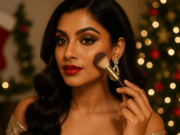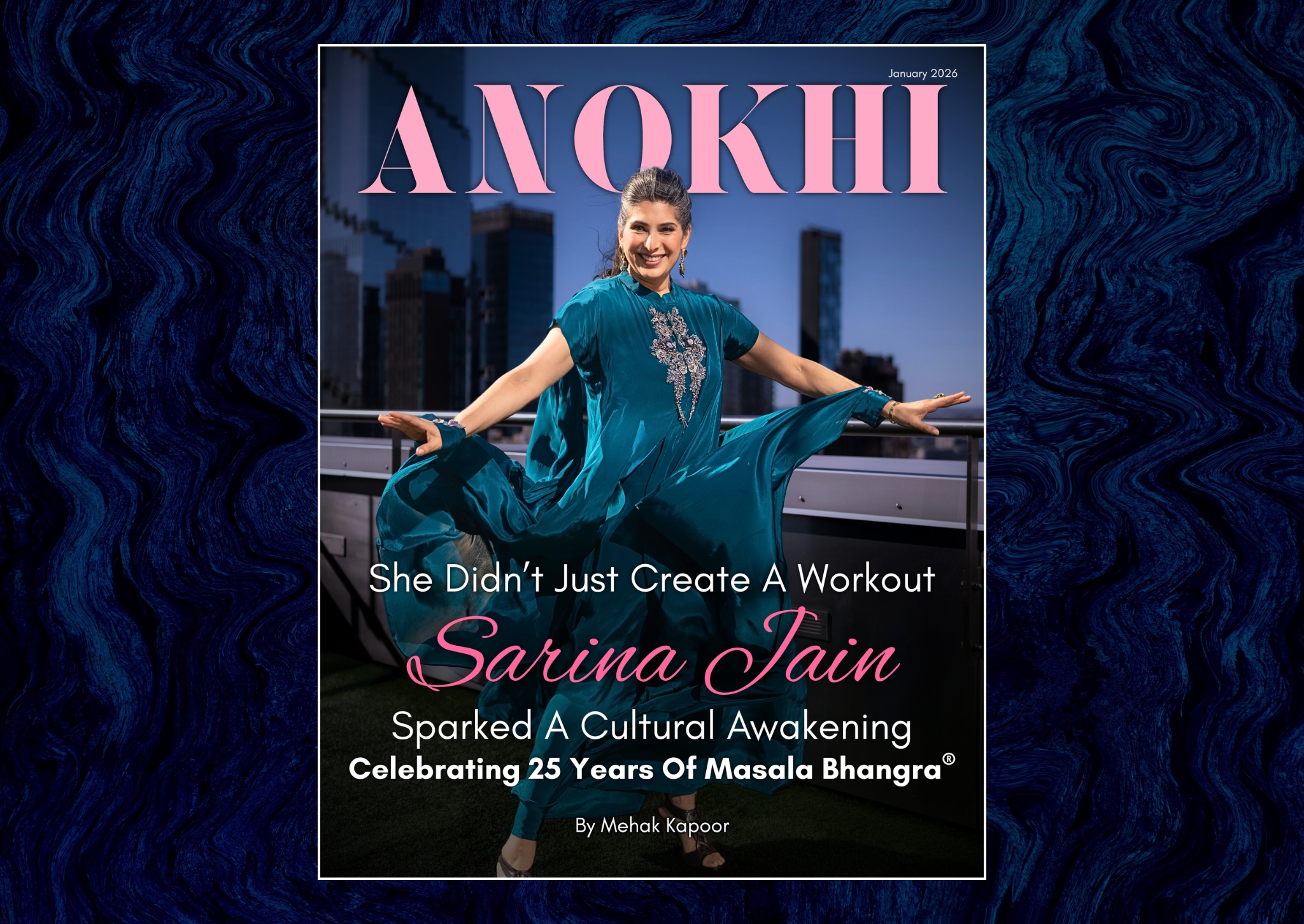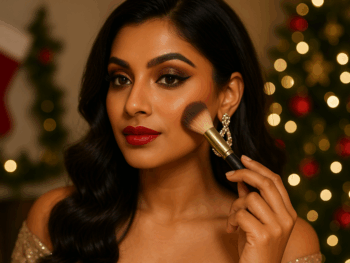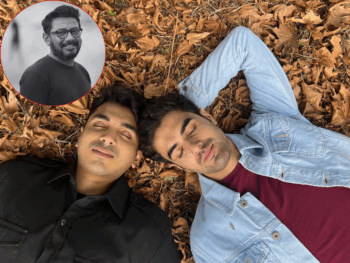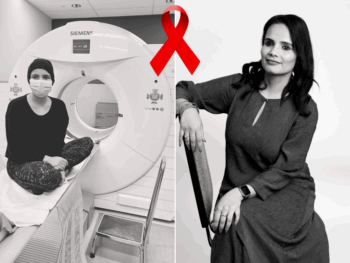
Get your beauty education
Q. I am a 24-year-old female of South Asian descent who has always suffered from excessive facial hair. I have tried electrolysis, waxing and shaving in the past. Is laser hair removal a good option for me? I am interested but scared.
A. You are right to be concerned as the older lasers (and some of the newer low-end lasers) have a high risk of burning and changing the pigmentation of your skin. This can potentially leave you with permanent dark pigment, or even worse, patches of no pigment. However, the good news is that if you go to a physician who specializes in laser treatments, the chances of side effects are small. Always be sure to ask if the physician has experience with your skin type and don’t be shy to ask for references.
Q. There is a lot of hype about skin creams that can get rid of wrinkles. Do they actually work?
A. There are pharmaceutical ingredients that have become available in the last few years that are truly remarkable and can make a difference. One of these is Retinol and another is Matryxl, which, if used correctly, can make a marked difference to your skin. But the key is that the creams have to have a sufficient percentage of these ingredients and, unfortunately, most over-the-counter brands only contain a sprinkling. Try finding a good skin cream from a medical spa.
Q. What are Juvederm, lasers and chemical peels. How do they work?
A. All of these procedures have a place in anti-aging, however, they are used for different purposes and are not suitable for everyone. Juvederm is a filler, which, like collagen, fills in deep-set wrinkles. It is commonly used for the deep furrows around the nose and even to plump up lips. Chemical peels are a very safe option if you want facial rejuvenation in a comfortable office setting. For non-Caucasian skin, it is important to go to a professional who has specific expertise in your skin type. Lasers especially can be an excellent mode of treatment to remove minor imperfections and pigment damage, however, one must be extremely vigilant when treating tanned or darker skin.
Q. I have heard about Sculptra. How is that different from other fillers?
A. Sculptra is one of the newer fillers that have come on the market. It is quite different than other fillers because its results last longer (up to two years), and it is much gentler. It can be injected into many more areas than the traditional fillers and is injected over a two- to three-month period. It stimulates the body to produce its own collagen and hence fill out aging lines and sunken skin. It has been referred to as a “facelift in a bottle”. The cost ranges from $2000 to $5000 depending on how many areas are treated.
Q. Is Botox safe for everyone? I was thinking of trying some but am worried that everyone will immediately notice that I have had something done. I don’t want to look fake.
A. Botox, unlike many other procedures including photofacials and some peels, is safe for all skin types. It is a chemical that affects the muscle, not the skin so the skin colour or type is irrelevant. Before venturing into any procedure, the most important thing is to visit a few doctors until you find one you are comfortable with or one that comes recommended from a good friend. Make sure that this is a procedure that the doctor does regularly and has a lot of experience with. It is important to ascertain that it is the doctor himself or herself who is doing the procedure. If done properly, Botox simply makes a person look relaxed and youthful. It should not be apparent that you have had Botox done. It is completely acceptable to ask to see before and after photographs of other patients who have been treated.
Q. I am a 35-year-old woman who never had acne as a teenager. Recently, I have started breaking out and have also noticed that my periods are irregular. I suspect this is a hormonal issue, but what can I do about it?
A. You are right – it sounds like a hormonal issue. To be sure, I suggest that you go and see your family physician for blood tests. The doctor may also order an ultrasound of the ovaries to check for a condition known as polycystic ovary disease. This condition leads to acne, facial hair, weight gain as well as irregular periods. Once your doctor has confirmed the hormonal issue, there are several ways to treat this. Often you may be put on a hormonal combination such as the birth control pill, which will regulate the hormones. If that is not an option, then the acne alone may be treated depending upon its severity. This could mean antibiotics, creams, light-based treatment or even Accutane (a strong, last-resort medication).
Q. I am a 38-year-old professional. After having my last child two years ago, I gained 40 pounds. Now, no matter how often I go to the gym, I can’t seem to lose that weight. Help!
A. Although exercising is great for both your mental and physical health, it alone may not be enough. Exercise needs to be combined with a healthy diet. In our busy lives, it is often easier to eat on the run or to grab the first thing we see. Some people can lose 10 to 15 pounds of weight-loss per month by making a few changes to their diets. First, I would suggest that you go to your doctor, get a check-up and advise her/him that you are going on a diet. Your doctor can help you formulate a nutrition plan, but the basic idea is to eat food from all food groups, to eat three meals a day, and to reduce the volume of what you eat. It’s very helpful to keep a food diary and to supplement your diet with vitamins and a lot of water.
This column is informational and is not intended to replace the advice of a health professional or doctor.
DR. DEEPA TAKHAR
COMMENTS
YOU MAY ALSO LIKE
Newsletter Sign Up
Subscribe to our FREE newsletter for all of the latest news, articles, and videos delivered directly to your inbox each day!


















